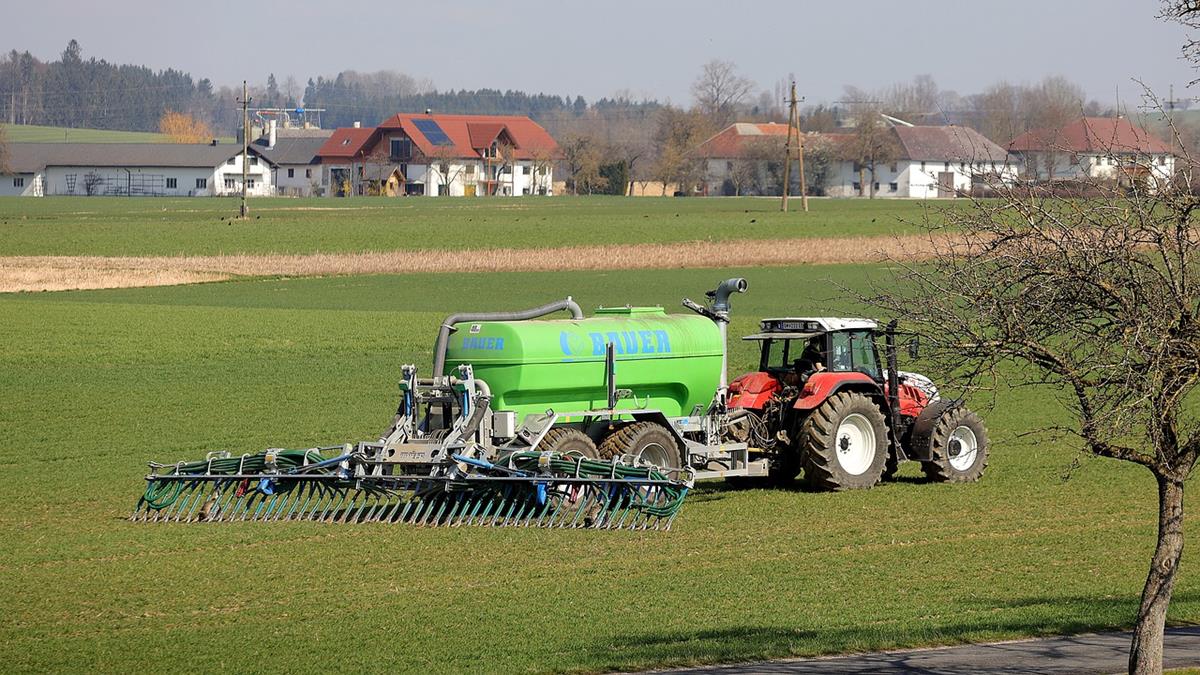
The role of flexible intermediate bulk containers in modern logistics
Logistics is the backbone of global trade, ensuring that goods move efficiently from manufacturers to consumers.
In recent years, the adoption of innovative technologies and materials has revolutionized the logistics industry, making processes faster, more cost-effective, and environmentally friendly. One such innovation that has gained significant traction is the use of Flexible Intermediate Bulk Containers (FIBCs), also known as bulk bags or super sacks.
FIBCs are large, woven bags typically made from polypropylene and designed to transport and store bulk quantities of materials such as powders, granules, and liquids. Their versatility, durability, and cost-effectiveness have made them indispensable in various industries, including agriculture, chemicals, food and beverages, pharmaceuticals, and construction.
Advantages of flexible intermediate bulk containers
The widespread adoption of FIBCs can be attributed to their numerous advantages over traditional packaging methods. One of the primary benefits is their capacity to transport large volumes of materials in a single container, reducing the need for multiple smaller packages and minimizing handling and transportation costs.
Furthermore, FIBCs are lightweight yet incredibly strong, allowing for easy handling and storage while ensuring the safety and integrity of the contents. Their flexible design also enables them to adapt to different shapes and sizes of cargo, maximizing space utilization in warehouses, trucks, and shipping containers.
Enhancing efficiency and sustainability
Streamlining logistics operations is a top priority for businesses seeking to remain competitive in today’s fast-paced market. FIBCs play a crucial role in this endeavor by simplifying processes and minimizing waste throughout the supply chain.
By using FIBCs, companies can reduce packaging waste and lower their carbon footprint compared to traditional packaging methods. The reusable nature of FIBCs further contributes to sustainability efforts, as they can be cleaned, repaired, and reused multiple times, reducing the consumption of single-use packaging materials.
Customization and innovation in fibc design
To meet the diverse needs of different industries, FIBC manufacturers offer a wide range of customization options, including various sizes, shapes, lifting mechanisms, filling and discharge features, and specialized coatings for moisture and UV protection.
Recent innovations in FIBC design have led to the development of advanced features such as anti-static properties, oxygen barrier liners for oxygen-sensitive products, and liners with barrier properties to prevent contamination. These innovations enhance the safety, quality, and shelf life of the transported materials, expanding the applications of FIBCs across various sectors.
Ensuring compliance and safety standards
Compliance with regulatory requirements and safety standards is paramount in the logistics industry, especially when transporting hazardous or sensitive materials. FIBC manufacturers adhere to strict quality control measures and undergo rigorous testing to ensure their products meet international standards and regulations – supersacks.
Additionally, FIBCs are designed with safety features such as lifting loops, discharge spouts, and top and bottom closures to prevent spills, leaks, and contamination during transportation and storage. Proper training and handling procedures further minimize the risk of accidents and ensure the safe use of FIBCs in diverse operating environments.
Flexible Intermediate Bulk Containers have emerged as a game-changer in modern logistics, offering a versatile, cost-effective, and sustainable solution for transporting and storing bulk materials. By leveraging the advantages of FIBCs, businesses can streamline their operations, reduce costs, and enhance safety and sustainability across the supply chain.
As technology continues to advance and market demands evolve, the role of FIBCs in logistics is expected to expand further, driving innovation and efficiency in the global movement of goods.
